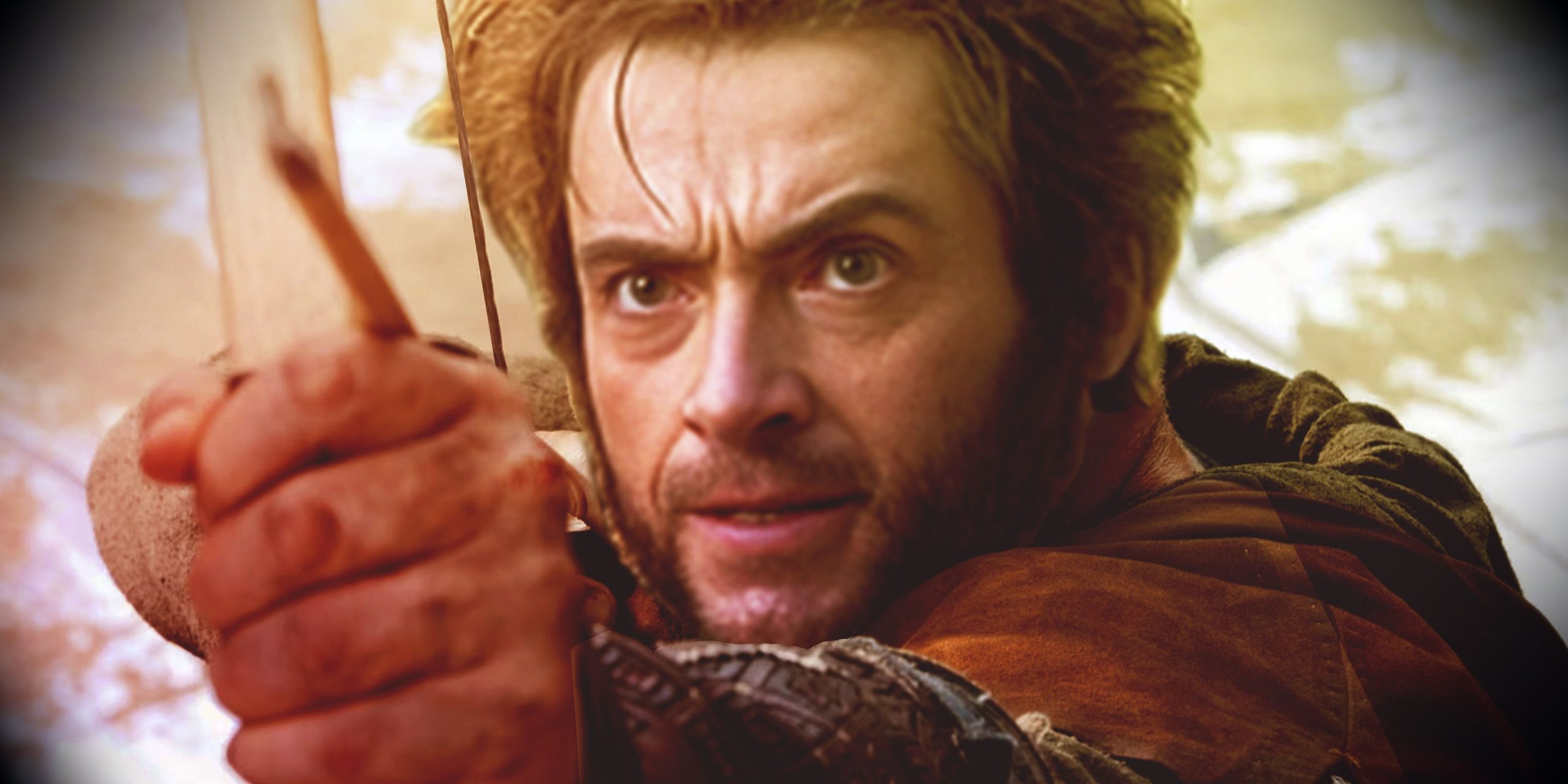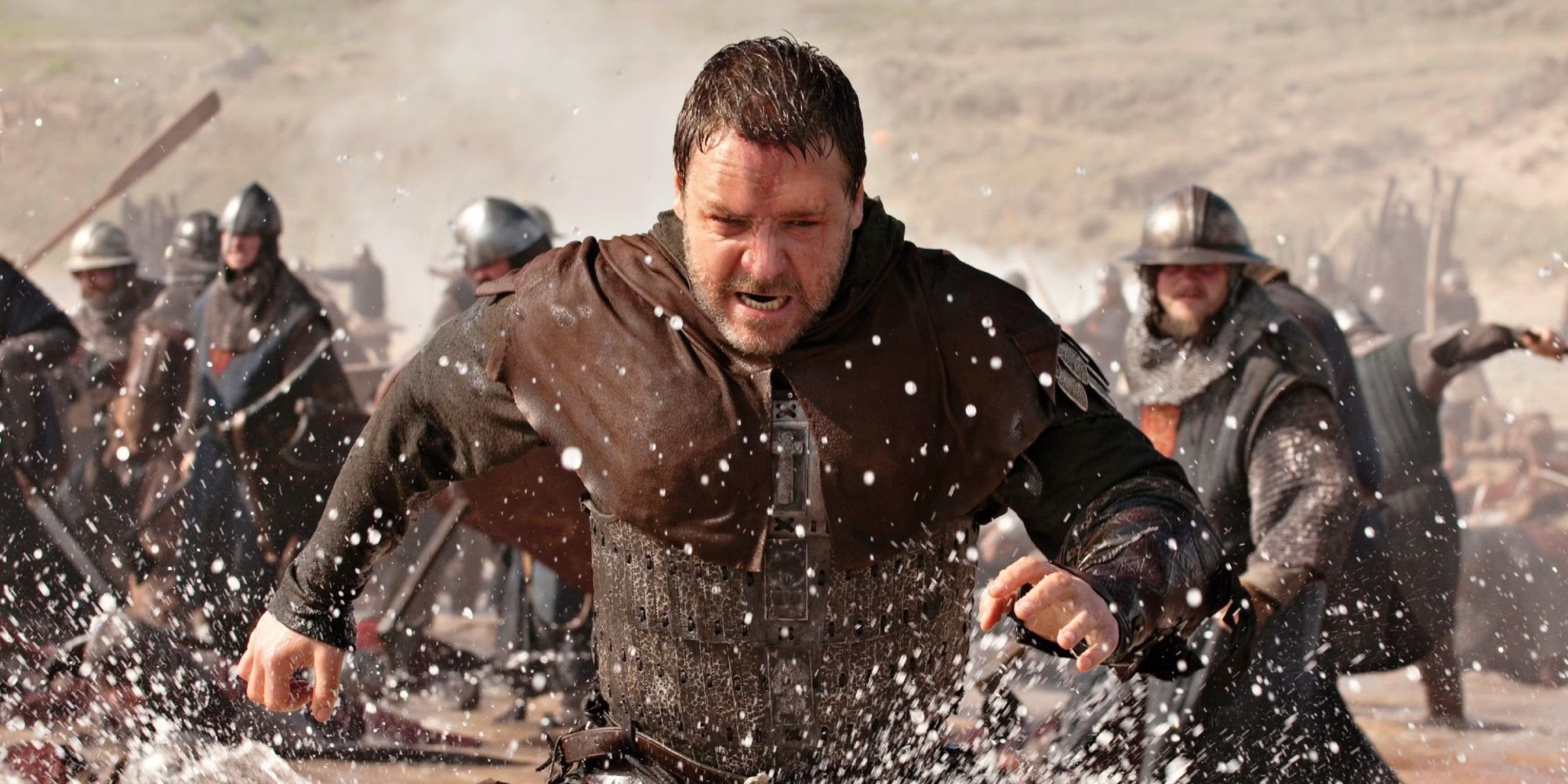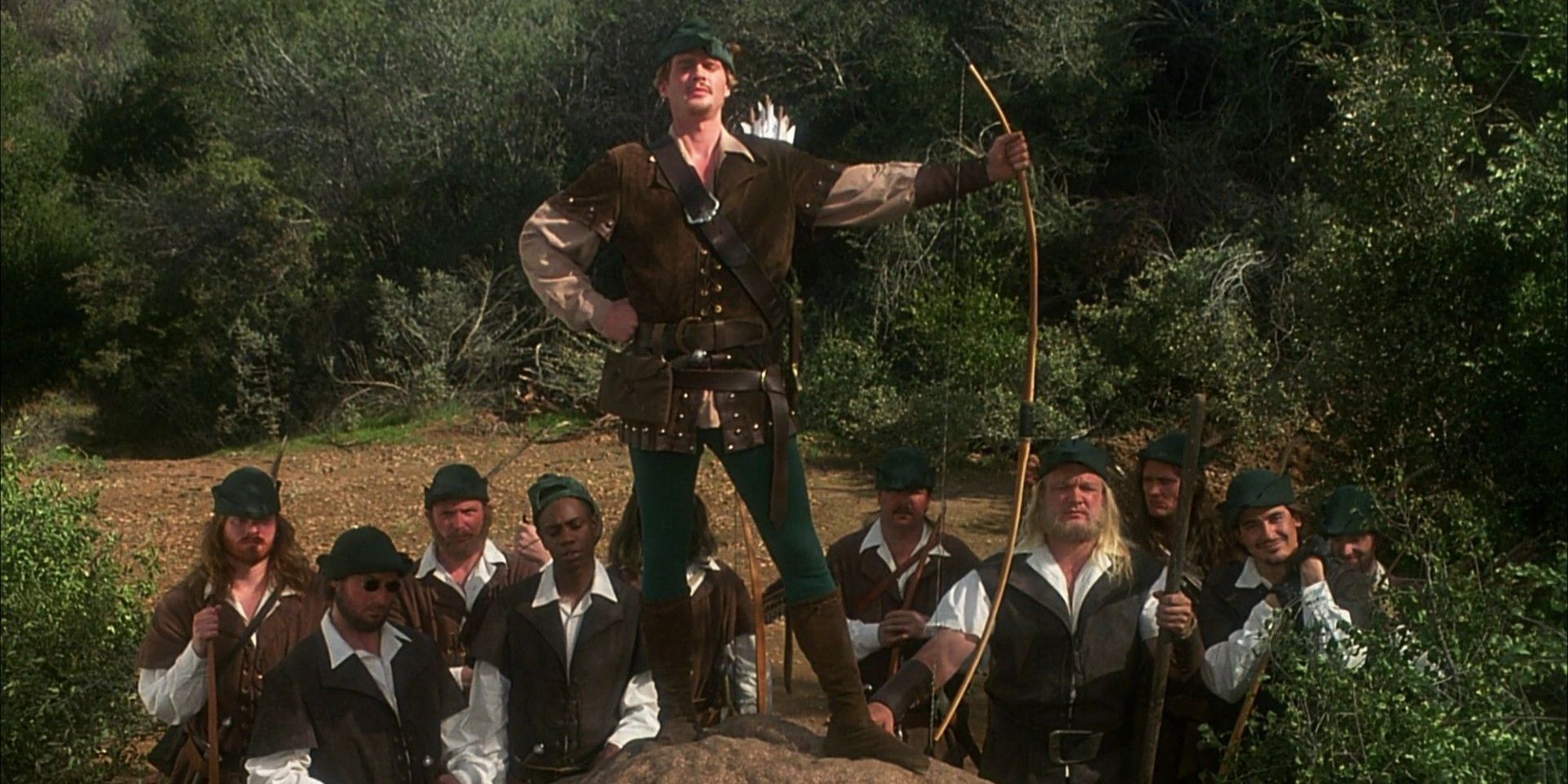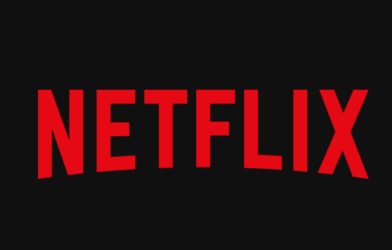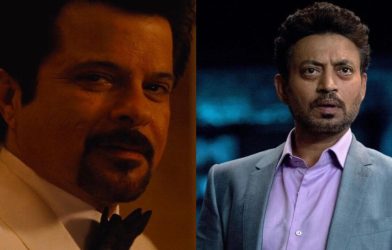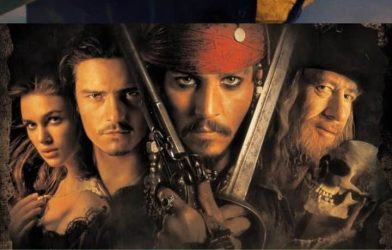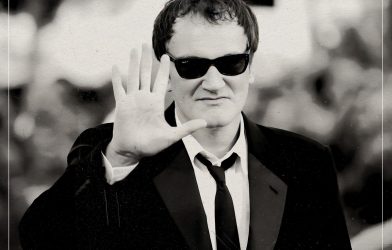A new Robin Hood movie was announced last week, with Hugh Jackman and Jodie Comer attached to star. Called The Death of Robin Hood, the film will follow an older version of the famed thief as he “grapples with his past after a life of crime and murder” while dealing with a serious injury.
It’s being directed by Michael Sarnoski, who first got mainstream attention for the Nicolas Cage film Pig, and is also helming the forthcoming A Quiet Place: Day One. “This is not the story of Robin Hood we’ve all come to know,” producers Aaron Ryder and Andrew Swett said. “Instead, Michael has crafted something far more grounded and visceral.”
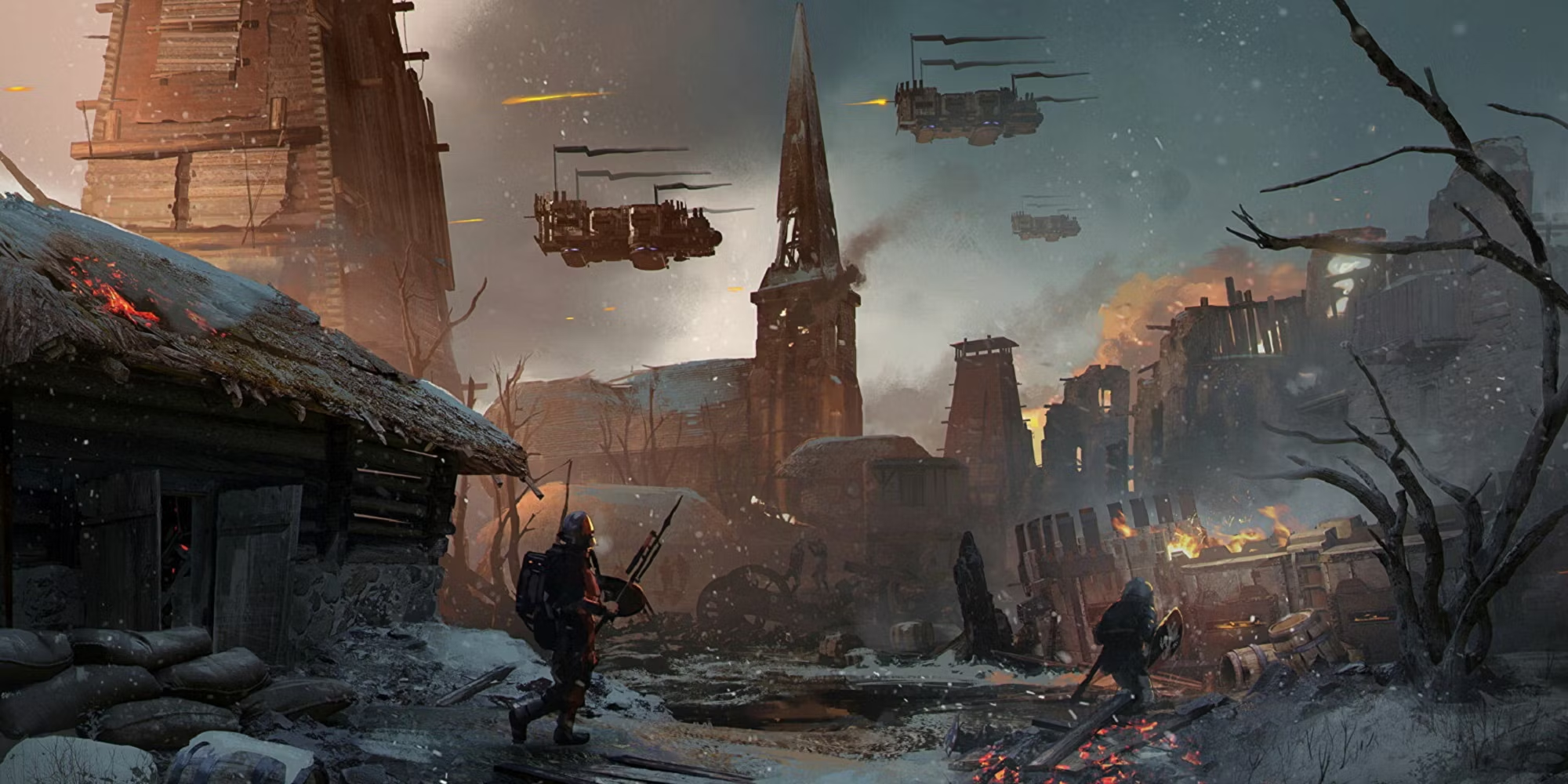
What Is A Medieval World War 1 Setting And Why Is Robin Hood There?
I don’t know what to make of Gangs of Sherwood
Returning To Nottingham
This isn’t the first time we’ve been promised a grittier take on Robin Hood: Ridley Scott took a similar approach back in 2010. That grim action film was criticized at the time for being overly dour, while 2018’s Otto Bathurst version turned Robin Hood into a bizarre modern warfare-inspired mess, so it’s strange to see yet another new take on the character promising to be more “grounded and visceral.”
The problem is that most of the interesting angles on Robin Hood have already been taken. The thief who steals from the rich and gives to the poor has starred in far more movies than you probably realize. Since almost the dawn of film, Robin Hood has been regularly appearing in movies, with the number of adaptations currently totalling in (at least) the eighties.
To some extent, I get it. Robin Hood is a story that continues to resonate because we enjoy watching thieves get one over on deserving victims. That makes us root for Robin Hood in his pursuit of Prince John’s jewels. It’s the same reason that heist movies are popular. Oceans 11 isn’t all that different from Robin Hood, even if the thieves at its heart aren’t quite as benevolent. With rising leftist sentiment, especially among Millennials and Gen Z, it makes sense to reboot a story about a guy who steals from the one percent and gives to the 99.
Robin Hood Isn’t Actually A Safe Bet
While I get why Hollywood thinks a Robin Hood film has potential, the last time one was a hit was the 1993 comedy Robin Hood: Men in Tights (which made $78 million on a $20 million budget). That film was released two years after 1991’s Robin Hood: Prince of Thieves, which was a significantly bigger hit that earned $390.5 million on a $48 million budget. At one time, there was gold in these hills. But I’m now 30, and there hasn’t been a successful Robin Hood movie in my lifetime. Ridley Scott’s Robin Hood was a flop, as was 2018’s attempted reboot of the same name.
So, why does Hollywood keep beating this dead horse? It’s the same reason that there have been movies about Pop Tarts, Flamin’ Hot Cheetos, Nike sneakers, Blackberry phones, the creation of Tetris, pinball, and Beanie Babies in the past few years. In the same way that Hollywood has convinced itself that movies about consumer goods are safer bets than original movies because they’re linked to something with name recognition, Hollywood has also convinced itself that movies based on myths, folklore, and public domain books are safer bets than new ideas.
It’s the reason there are Sherlock Holmes, King Arthur, and Peter Pan movies every few years. These names are recognizable to audiences so, studios reason, audiences will turn out to see them. But this millennia’s box office returns actually prove the opposite. If anything, these movies might be less likely to turn a profit than original films, because their period and/or fantasy settings require big budgets to effectively realize on screen. This line of thinking reminds me that, in high school, I assumed that The Social Network was going to be a bigger hit than Iron Man. Way more people had Facebook than cared about Iron Man. I reasoned. When the dust settled, The Social Network did do well, but it didn’t make anywhere near as much money as Iron Man, and we don’t have the Meta Cinematic Universe today. I had confused name recognition with actual interest, and Hollywood is still making the same mistake.
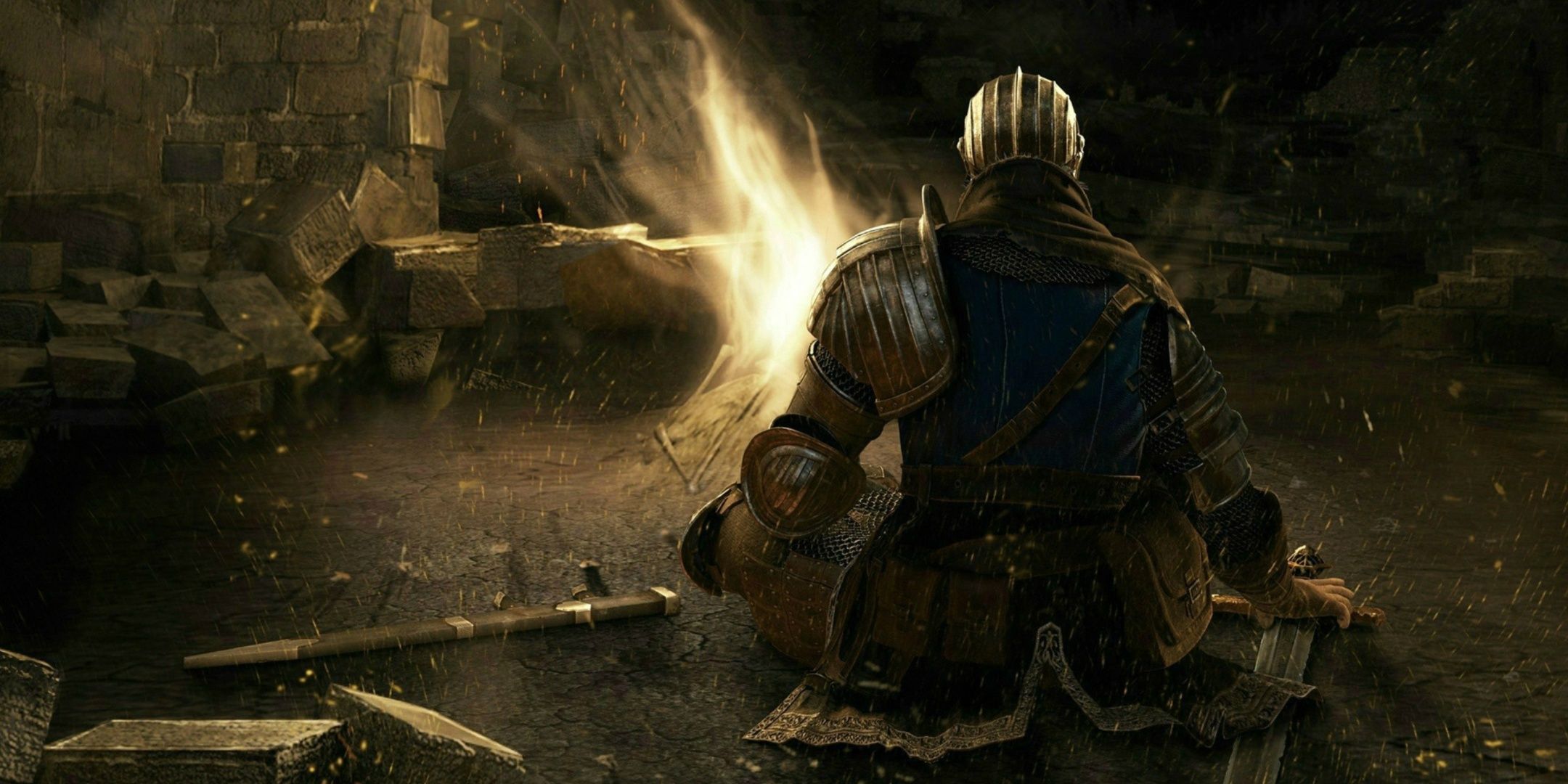
It’s Hard To Overstate The Influence Of Dark Souls’ Bonfires On Video Games
Bonfires are more than just save points, they are storytelling devices all their own.

